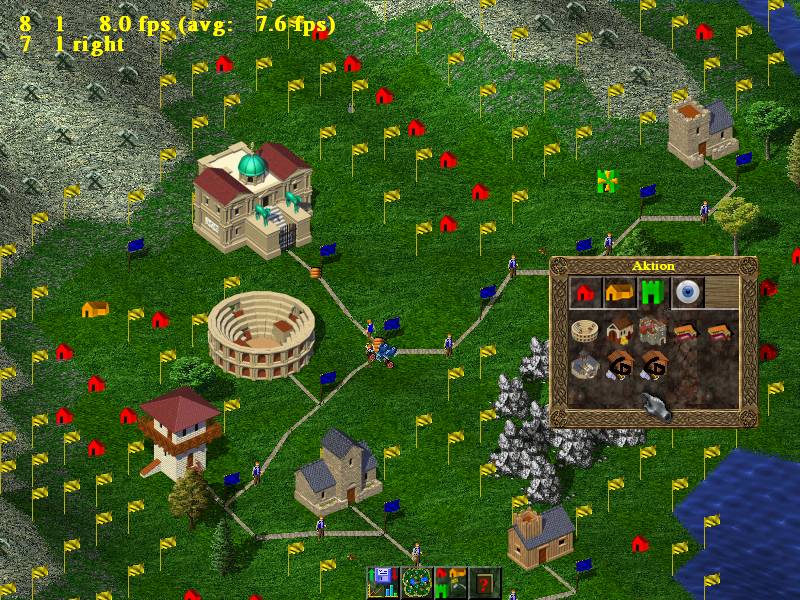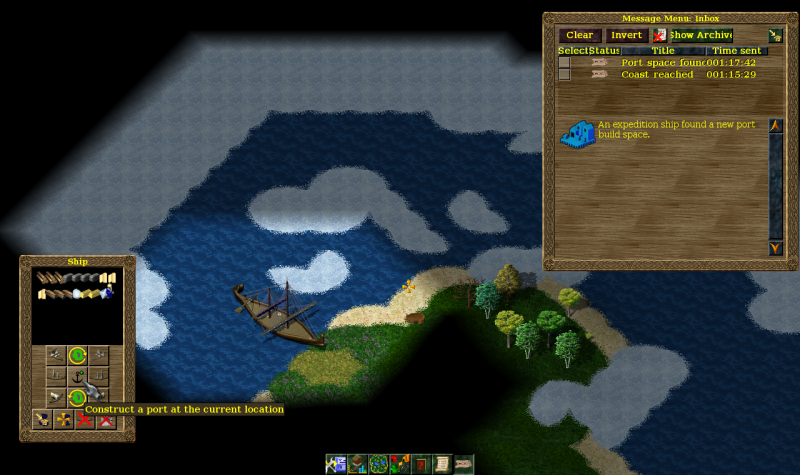

In contrast to proprietary software which is typically developed as commercial projects, free software is open to user modifications and contributions. Perhaps the primary factor in its longevity (aside from the fact that it is a lot of fun) is that it is a free and open source software project, entirely supported by a volunteer community of developers, artists, and writers. Gaming in a minority languageĪ version of the game Widelands was first posted online in 2001, and the game has been in continuous development ever since. I recently spoke with GunChleoc about her experience helping to enable and promote Gaelic-language computing. Even more impressive is that this wealth of Gaelic software is primarily the result of the volunteer efforts of just two people: GunChleoc and Michael Bauer, a Glasgow-based language consultant and publisher. While there are few examples of commercial software available in Gaelic, an impressive collection of free software - games, office software, mobile apps, etc. “What I’m trying to do is ensure Gaelic will have everything, at least one example of everything, that an English speaker would have. A 2016 census found that only 522 public school students had Gaelic as the primary language at home, however, but there has been a recent increase in Gaelic medium education. Under pressure from English, Gaelic has been in decline as a community language for centuries, but a vigorous revitalization effort has been underway. Gaelic is spoken by around 58,000 people in Scotland, and over 7,000 people in Canada.

Scottish Gaelic ( Gàidhlig, not to be confused with Irish, Gaeilge) is a Celtic language indigenous to Scotland. GunChleoc (a pseudonym) has long been a respected member of the free software development community, having contributed translations to dozens of projects and managed broader translation initiatives. Managing the Widelands Development Team since 2016 is GunChleoc, who joined the project as a Scottish Gaelic translator in 2013. Or rather is should immediately be transported into warehouse.Įach trader would only carry ware from own trading post, so not taking another ware back, this would be the task for the other trader.Proportion of respondents in the 2011 census aged 3 and above who stated that they can speak Scottish Gaelic. Trading post would have something like "portdock", where the trader of the other tribe drops the fetched ware.


It'd be neat to implement a trading system.


 0 kommentar(er)
0 kommentar(er)
